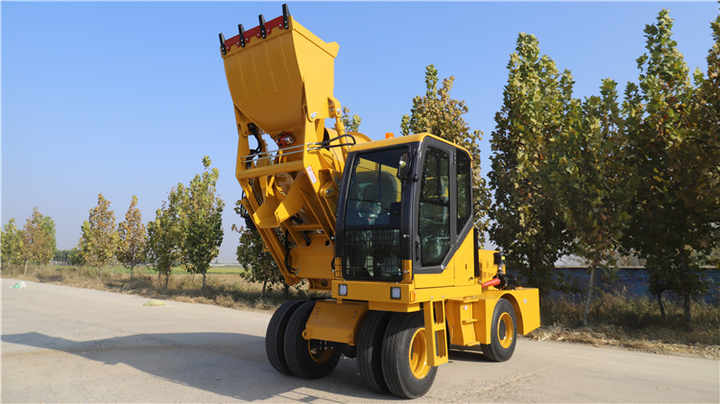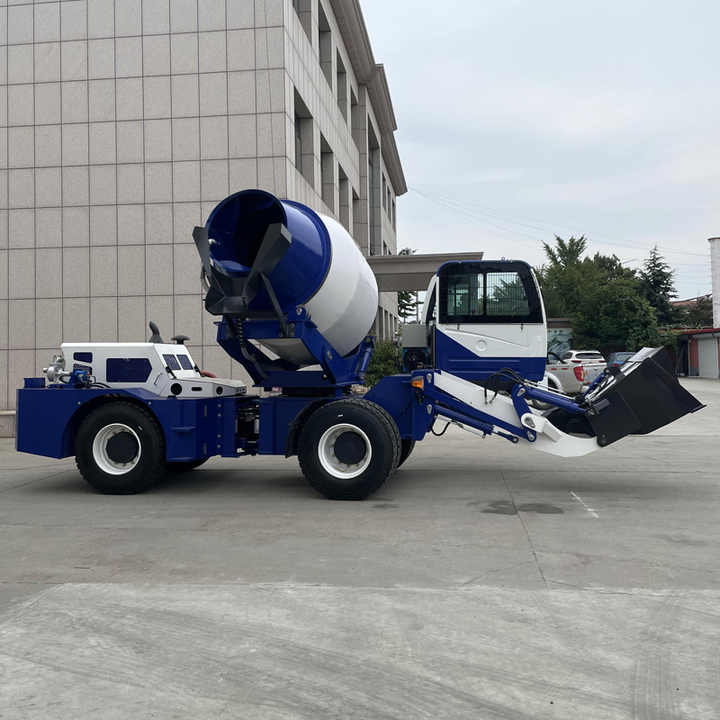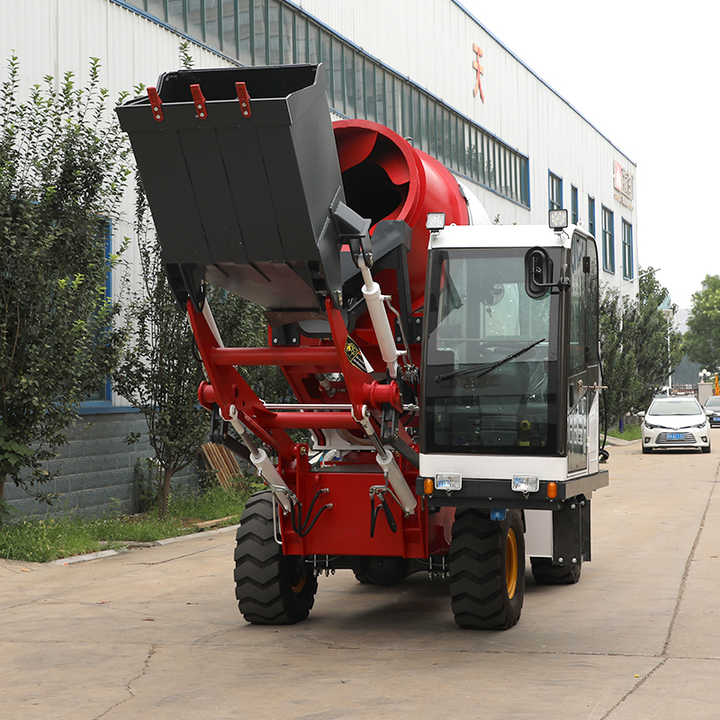Maintenance and Care Guide for Concrete Pump Trucks
Maintenance and Care Guide for Concrete Pump Trucks
(Note: Imaginary image placements are indicated as [Fig. X] for illustrative purposes)
Concrete pump trucks are critical assets in construction, enabling efficient concrete placement. Regular maintenance ensures optimal performance, safety, and longevity. Below are essential maintenance and care tips, accompanied by illustrative guidelines.
1. Daily Inspection and Cleaning
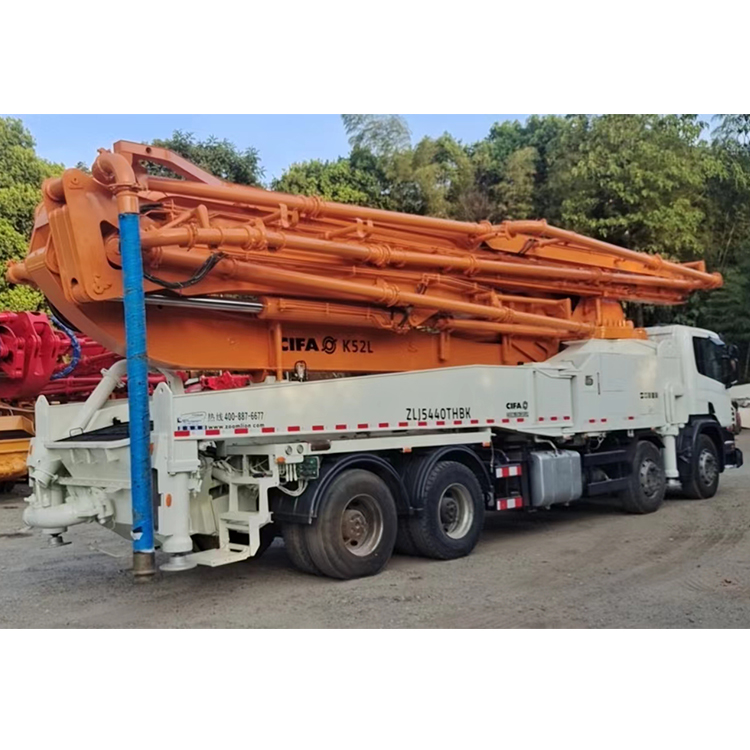
Hydraulic System Check: Inspect hydraulic oil levels and look for leaks. Low oil or contaminated fluid can cause system failure.
Lubrication Points: Grease all lubrication points (e.g., boom joints, swing bearings) to reduce friction and wear.
Clean Residual Concrete: Rinse the hopper, pipelines, and pumping system after each use to prevent concrete hardening. Use high-pressure water or specialized cleaning balls.
2. Regular Component Maintenance
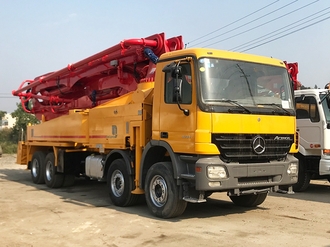
Replace Filters: Change hydraulic oil filters every 500 operating hours (or per manufacturer guidelines). Clogged filters reduce efficiency.
Inspect Wear Parts: Check pipeline elbows, pistons, and seals for abrasion. Replace damaged parts promptly to avoid blockages.
Tighten Bolts: Vibration during operation can loosen bolts. Inspect and tighten boom arm, chassis, and pump mount bolts monthly.
3. Lubrication System Care
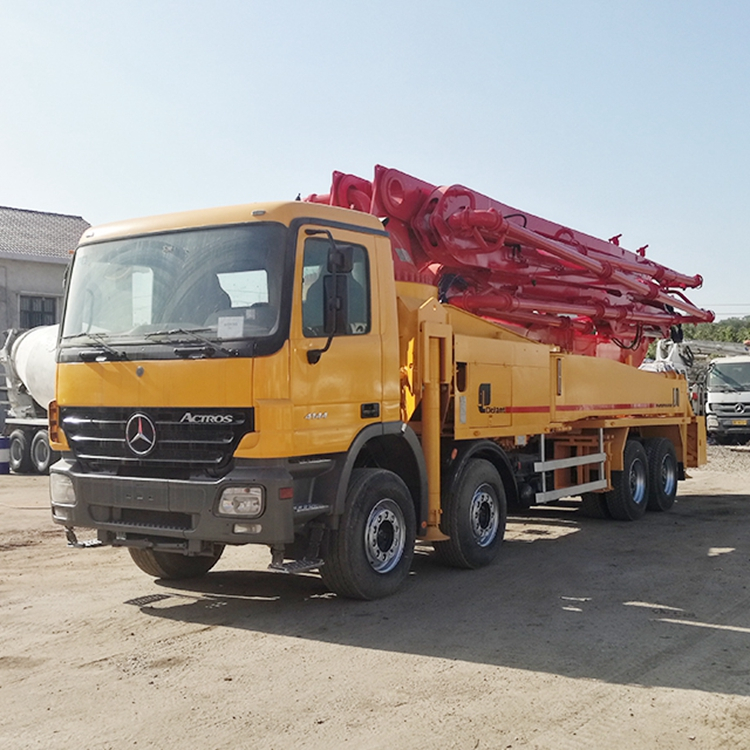
Use High-Quality Grease: Apply lithium-based grease to bearings, hinges, and rotary joints. Avoid mixing incompatible greases.
Automated Systems: If equipped with an auto-greasing system, ensure it’s functioning and refill the grease reservoir regularly.
4. Hydraulic System Maintenance
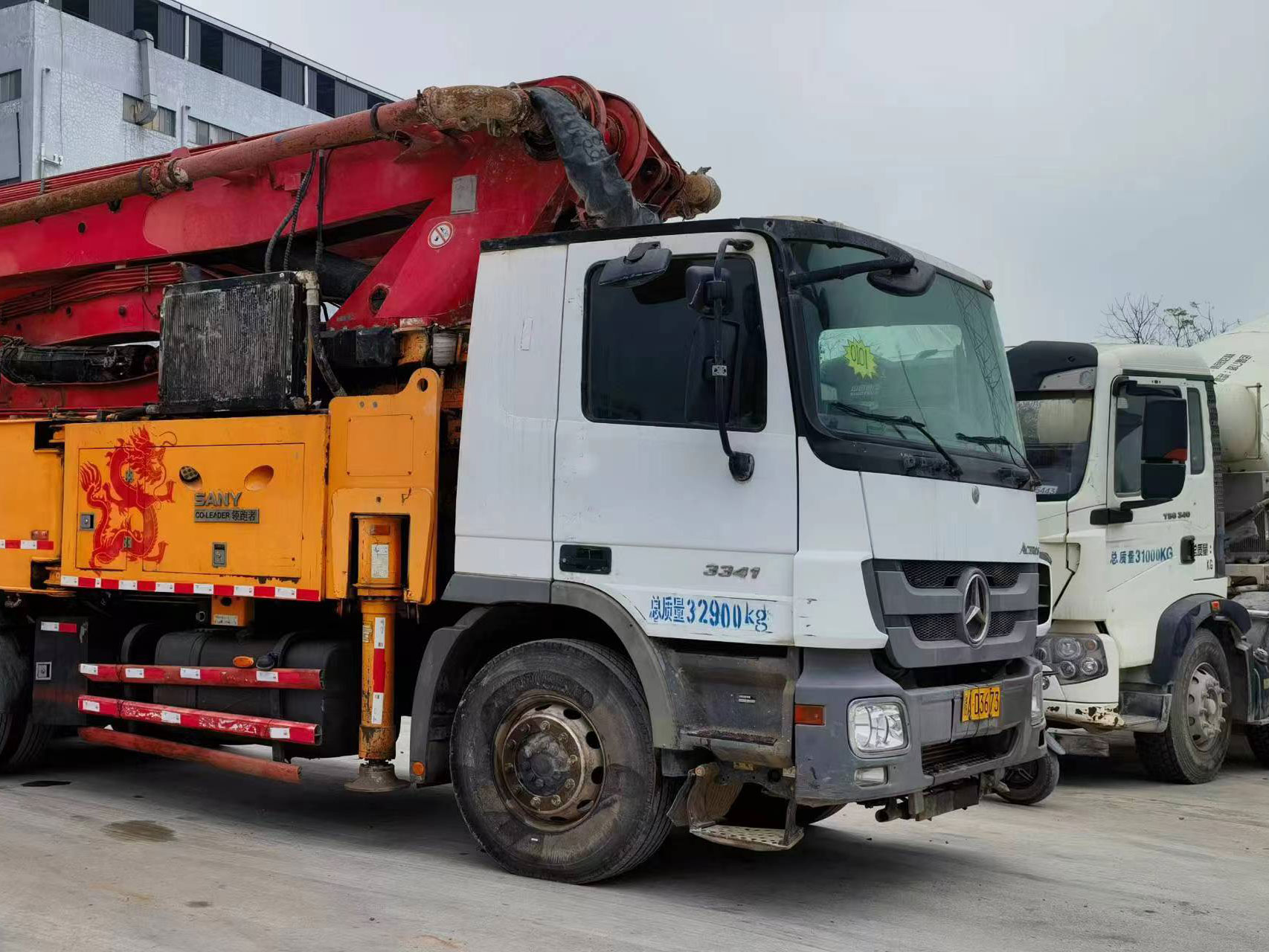
Monitor Oil Temperature: Overheating (above 80°C/176°F) damages seals. Ensure the cooling fan and radiator are debris-free.
Oil Quality Test: Analyze hydraulic oil annually for viscosity, acidity, and contamination. Replace oil if degraded.
5. Electrical and Safety Systems
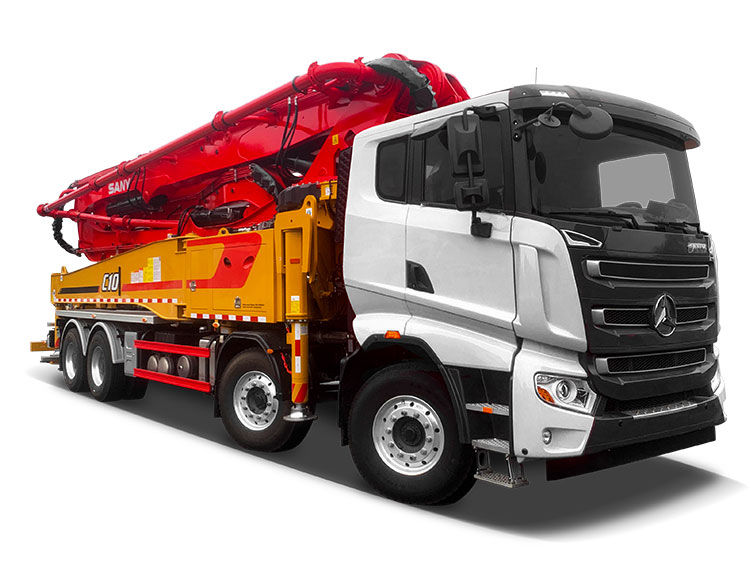
Check Sensors and Alarms: Test pressure sensors, emergency stop buttons, and overload alarms. Faulty sensors risk accidents.
Battery Care: Clean terminals and ensure the battery is charged. Corrosion can disrupt electrical systems.
6. Winter Maintenance
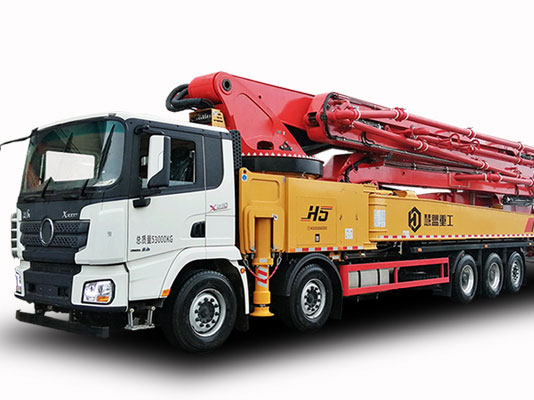
Drain Water: Remove water from pumps and pipelines to prevent freezing and cracking.
Use Cold-Weather Fluids: Switch to low-viscosity hydraulic oil and antifreeze coolant in freezing temperatures.
7. Operator Training
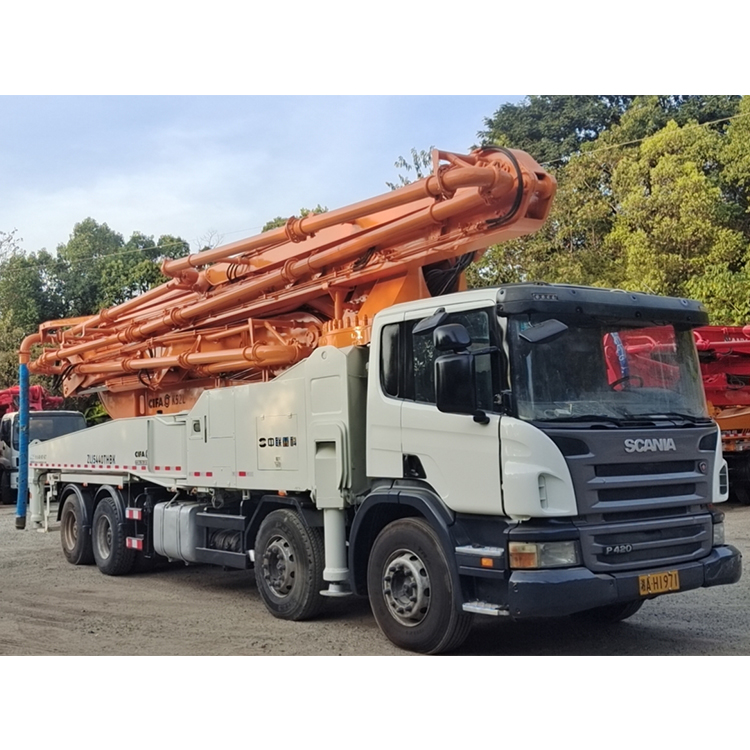
Avoid Overloading: Train operators to follow load limits and avoid abrupt movements that stress the boom.
Emergency Protocols: Ensure familiarity with emergency shutdown procedures to mitigate risks during blockages or leaks.
Conclusion
Proactive maintenance of concrete pump trucks minimizes downtime, repair costs, and safety hazards. Always adhere to the manufacturer’s manual and schedule professional inspections annually. A well-maintained pump truck ensures efficient project execution and extends equipment life.
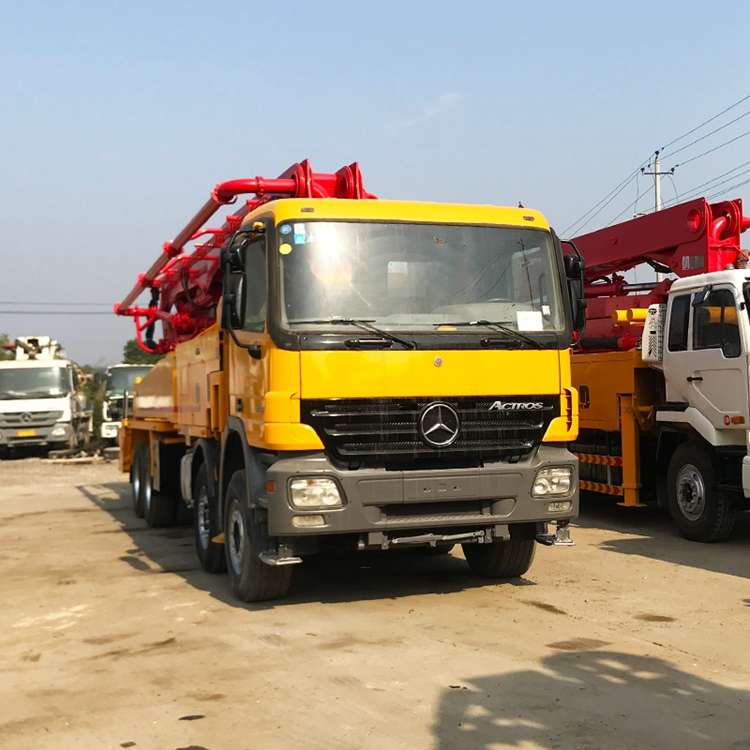
Disclaimer: Images are for representation only. Refer to specific equipment manuals for detailed guidelines.
This guide provides a foundation for maintaining concrete pump trucks. Pairing these steps with professional servicing guarantees reliability on demanding job sites.
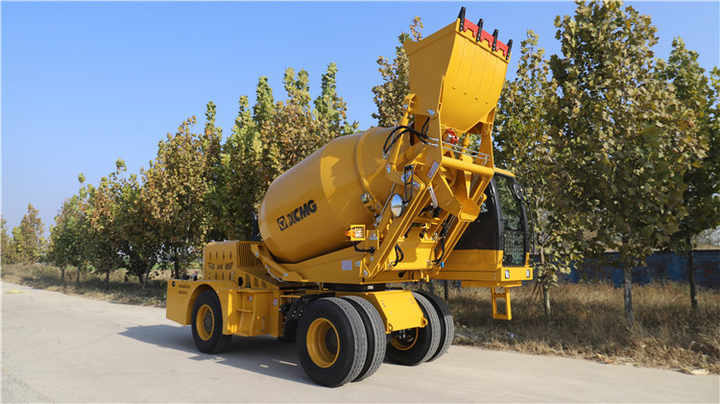 Specifications & Guideline
Specifications & Guideline

